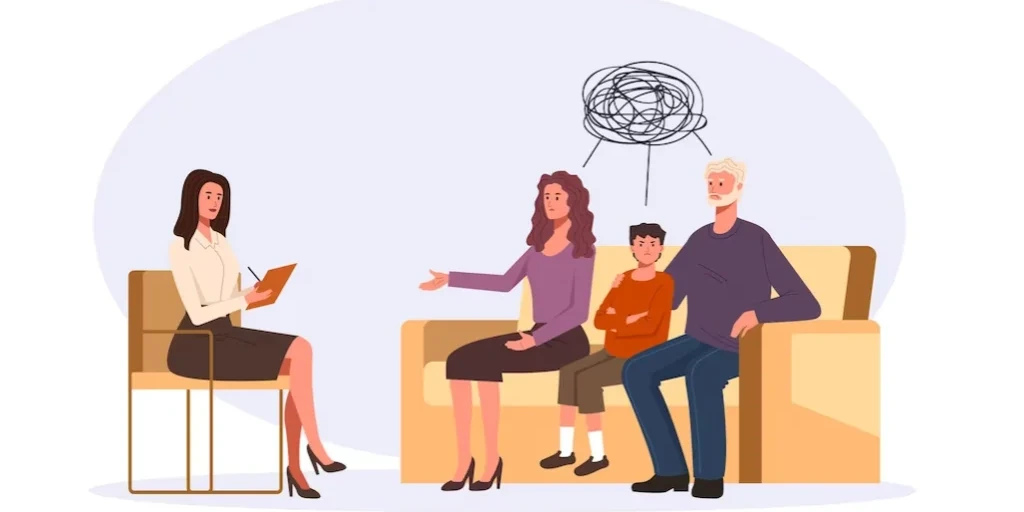24/7 Helpline:
(866) 899-221924/7 Helpline:
(866) 899-2219
Learn more about PTSD Rehab centers in Ruston

Other Insurance Options

United Health Care

Self-pay options

Ceridian

MVP Healthcare

WellCare Health Plans

Regence

Premera

BlueShield

UnitedHealth Group

AllWell

EmblemHealth

Humana

Holman Group

UMR

Aetna

Magellan

GEHA

Carleon

Absolute Total Care

Cigna

Lincoln Nova Vital Recovery
Lincoln Nova Vital Recovery is a dual diagnosis, drug, and alcohol addiction treatment center locate...

Northeast Delta Human Services Authority
Northeast Delta Human Services Authority serves people with mental health issues, addictive disorder...



Professional Counseling Services of Ruston
Professional Counseling Services of Ruston is a private rehab located in Ruston, Louisiana. Professi...








































